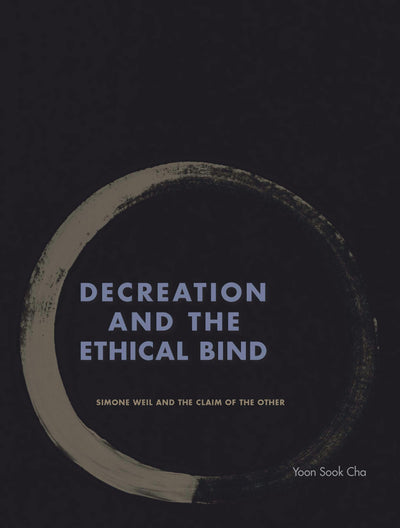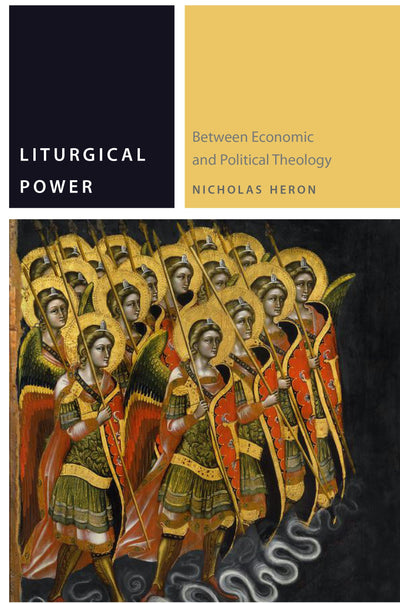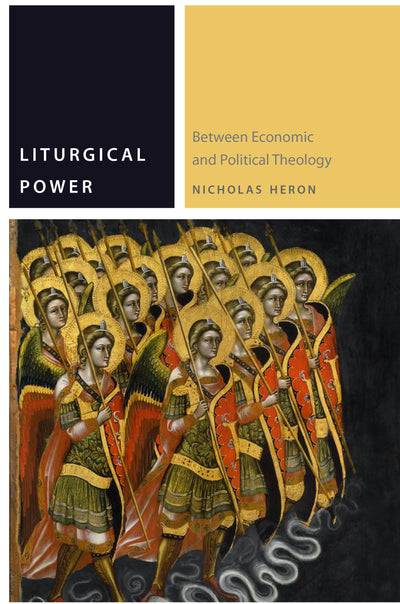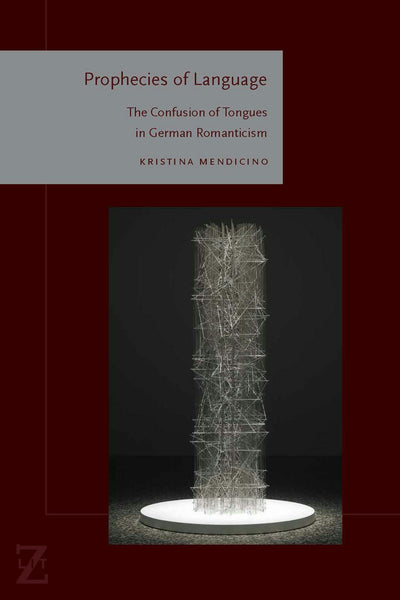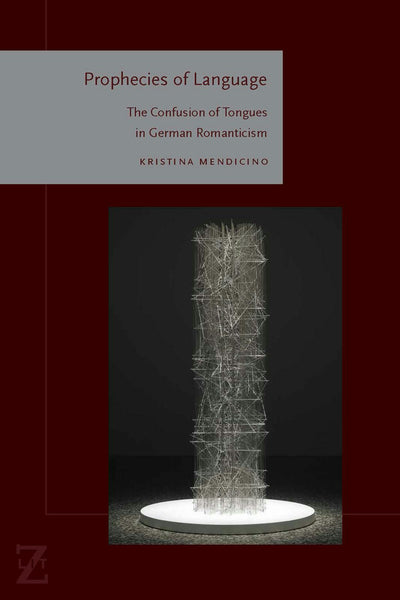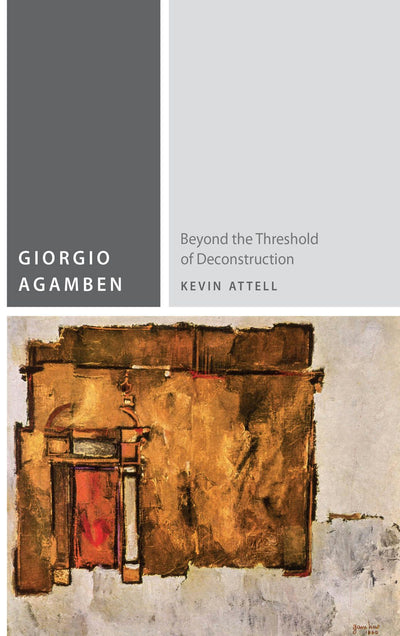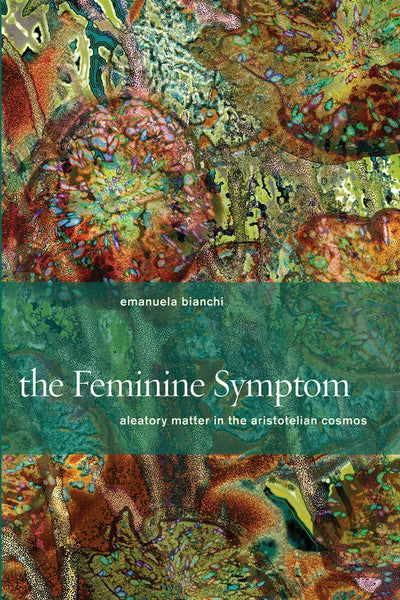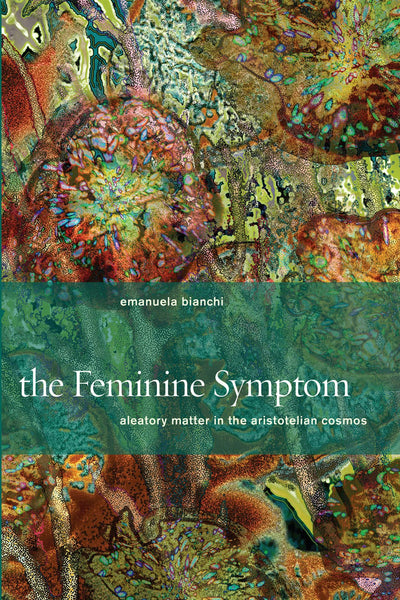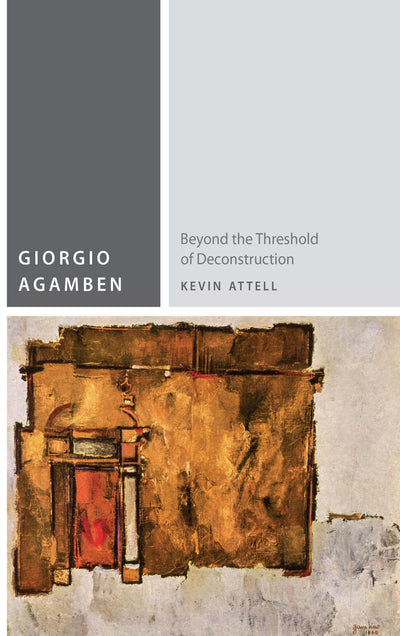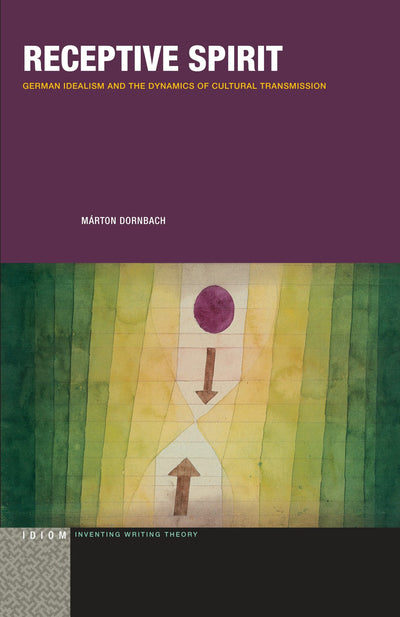-
Antiques & Collectibles
-
Architecture
-
Art
-
Bibles
-
Biography & Autobiography
-
Body, Mind & Spirit
-
Business & Economics
-
Comics & Graphic Novels
-
Computers
-
Cooking
-
Crafts & Hobbies
-
Design
-
Education
-
Family & Relationship
-
Fiction
-
Foreign Language Study
-
Games & Activities
-
Gardening
-
Health & Fitness
-
History
-
House & Home
-
Humor
-
Juvenile Fiction
-
Juvenile Nonfiction
-
Language Arts & Disciplines
-
Law
-
Literary Collections
-
Literary Criticism
-
Mathematics
-
Medical
-
Miscellaneous
-
Music
-
Nature
-
Performing Arts
-
Pets
-
Philosophy
-
Photography
-
Poetry
-
Political Science
-
Psychology
-
Reference
-
Religion
-
Self-Help
-
Science
-
Social Science
-
Sports & Recreation
-
Study Aids
-
Technology & Engineering
-
Transportation
-
Travel
-
True Crime
-
Young Adult Fiction
-
Young Adult Nonfiction
-
Antiques & Collectibles
-
Architecture
-
Art
-
Bibles
-
Biography & Autobiography
-
Body, Mind & Spirit
-
Business & Economics
-
Comics & Graphic Novels
-
Computers
-
Cooking
-
Crafts & Hobbies
-
Design
-
Education
-
Family & Relationship
-
Fiction
-
Foreign Language Study
-
Games & Activities
-
Gardening
-
Health & Fitness
-
History
-
House & Home
-
Humor
-
Juvenile Fiction
-
Juvenile Nonfiction
-
Language Arts & Disciplines
-
Law
-
Literary Collections
-
Literary Criticism
-
Mathematics
-
Medical
-
Miscellaneous
-
Music
-
Nature
-
Performing Arts
-
Pets
-
Philosophy
-
Photography
-
Poetry
-
Political Science
-
Psychology
-
Reference
-
Religion
-
Self-Help
-
Science
-
Social Science
-
Sports & Recreation
-
Study Aids
-
Technology & Engineering
-
Transportation
-
Travel
-
True Crime
-
Young Adult Fiction
-
Young Adult Nonfiction
The Work of Difference
Regular price $85.00 Save $-85.00
The Work of Difference
Regular price $31.00 Save $-31.00
The Forgiveness to Come
Regular price $28.00 Save $-28.00This book is concerned with the aporias, or impasses, of forgiveness, especially in relation to the legacy of the crimes against humanity perpetrated by the Nazis and their collaborators during World War II. Banki argues that, while forgiveness of the Holocaust is and will remain impossible, we cannot rest upon that impossibility. Rather, the impossibility of forgiveness must be thought in another way. In an epoch of “worldwidization,” we may not be able simply to escape the violence of scenes and rhetoric that repeatedly portray apology, reconciliation, and forgiveness as accomplishable acts.
Accompanied by Jacques Derrida’s thought of forgiveness of the unforgivable, and its elaboration in relation to crimes against humanity, the book undertakes close readings of literary, philosophical, and cinematic texts by Simon Wiesenthal, Jean Améry, Vladimir Jankélévitch, Robert Antelme and Eva Mozes Kor. These texts contend with the idea that the crimes of the Nazis are inexpiable, that they lie beyond any possible atonement or repair. Banki argues that the juridical concept of crimes against humanity calls for a thought of forgiveness—one that would not imply closure of the infinite wounds of the past. How could such a forgiveness be thought or dreamed? Banki shows that if today we cannot simply escape the “worldwidization” of forgiveness, then it is necessary to rethink what forgiveness is, the conditions under which it supposedly takes place, and especially its relation to justice.

Decreation and the Ethical Bind
Regular price $45.00 Save $-45.00In Simone Weil’s philosophical and literary work, obligation emerges at the conjuncture of competing claims: the other’s self-affirmation and one’s own dislocation; what one has and what one has to give; a demand that asks for too much and the extraordinary demand implied by asking nothing. The other’s claims upon the self—which induce unfinished obligation, unmet sleep, hunger—drive the tensions that sustain the scene of ethical relationality at the heart of this book.
Decreation and the Ethical Bind is a study in decreative ethics in which self-dispossession conditions responsiveness to a demand to preserve the other from harm. In examining themes of obligation, vulnerability, and the force of weak speech that run from Levinas to Butler, the book situates Weil within a continental tradition of literary theory in which writing and speech articulate ethical appeal and the vexations of response. It elaborates a form of ethics that is not grounded in subjective agency and narrative coherence but one that is inscribed at the site of the self’s depersonalization.

The Forgiveness to Come
Regular price $95.00 Save $-95.00This book is concerned with the aporias, or impasses, of forgiveness, especially in relation to the legacy of the crimes against humanity perpetrated by the Nazis and their collaborators during World War II. Banki argues that, while forgiveness of the Holocaust is and will remain impossible, we cannot rest upon that impossibility. Rather, the impossibility of forgiveness must be thought in another way. In an epoch of “worldwidization,” we may not be able simply to escape the violence of scenes and rhetoric that repeatedly portray apology, reconciliation, and forgiveness as accomplishable acts.
Accompanied by Jacques Derrida’s thought of forgiveness of the unforgivable, and its elaboration in relation to crimes against humanity, the book undertakes close readings of literary, philosophical, and cinematic texts by Simon Wiesenthal, Jean Améry, Vladimir Jankélévitch, Robert Antelme and Eva Mozes Kor. These texts contend with the idea that the crimes of the Nazis are inexpiable, that they lie beyond any possible atonement or repair. Banki argues that the juridical concept of crimes against humanity calls for a thought of forgiveness—one that would not imply closure of the infinite wounds of the past. How could such a forgiveness be thought or dreamed? Banki shows that if today we cannot simply escape the “worldwidization” of forgiveness, then it is necessary to rethink what forgiveness is, the conditions under which it supposedly takes place, and especially its relation to justice.

Liturgical Power
Regular price $95.00 Save $-95.00Is Christianity exclusively a religious phenomenon, which must separate itself from all things political, or do its concepts actually underpin secular politics? To this question, which animated the twentieth-century debate on political theology, Liturgical Power advances a third alternative. Christian anti-politics, Heron contends, entails its own distinct conception of politics. Yet this politics, he argues, assumes the form of what today we call “administration,” but which the ancients termed “economics.” The book’s principal aim is thus genealogical: it seeks to understand our current conception of government in light of an important but rarely acknowledged transformation in the idea of politics brought about by Christianity.
This transformation in the idea of politics precipitates in turn a concurrent shift in the organization of power; an organization whose determining principle, Heron contends, is liturgy—understood in the broad sense as “public service.” Whereas until now only liturgy’s acclamatory dimension has made the concept available for political theory, Heron positions it more broadly as a technique of governance. What Christianity has bequeathed to political thought and forms, he argues, is thus a paradoxical technology of power that is grounded uniquely in service.

Liturgical Power
Regular price $31.00 Save $-31.00Is Christianity exclusively a religious phenomenon, which must separate itself from all things political, or do its concepts actually underpin secular politics? To this question, which animated the twentieth-century debate on political theology, Liturgical Power advances a third alternative. Christian anti-politics, Heron contends, entails its own distinct conception of politics. Yet this politics, he argues, assumes the form of what today we call “administration,” but which the ancients termed “economics.” The book’s principal aim is thus genealogical: it seeks to understand our current conception of government in light of an important but rarely acknowledged transformation in the idea of politics brought about by Christianity.
This transformation in the idea of politics precipitates in turn a concurrent shift in the organization of power; an organization whose determining principle, Heron contends, is liturgy—understood in the broad sense as “public service.” Whereas until now only liturgy’s acclamatory dimension has made the concept available for political theory, Heron positions it more broadly as a technique of governance. What Christianity has bequeathed to political thought and forms, he argues, is thus a paradoxical technology of power that is grounded uniquely in service.

Prophecies of Language
Regular price $115.00 Save $-115.00The scenes of Babel and Pentecost, the original confusion of tongues and their redemption through translation, haunt German Romanticism and Idealism. This book begins by retracing the ways in which the task of translation, so crucial to Romantic writing, is repeatedly tied to prophecy, not in the sense of telling future events, but in the sense of speaking in the place of another—most often unbeknownst to the speaker herself. In prophetic speech, the confusion of tongues repeats, each time anew, as language takes place unpredictably in more than one voice and more than one tongue at once.
Mendicino argues that the relation between translation and prophecy drawn by German Romantic writers fundamentally changes the way we must approach this so-called “Age of Translation.” Whereas major studies of the period have taken as their point of departure the opposition of the familiar and the foreign, Mendicino suggests that Romantic writing provokes the questions: how could one read a language that is not one? And what would such a polyvocal, polyglot language, have to say about philology—both for the Romantics, whose translation projects are most intimately related to their philological preoccupations, and for us?
In Prophecies of Language, these questions are pursued through readings of major texts by G.W.F. Hegel, Wilhelm von Humboldt, Friedrich Schlegel, and Friedrich Hölderlin. These readings show how, when one questions the presupposition of works composed by individual authors in one tongue, these texts disclose more than a monoglot reading yields, namely the “plus” of their linguistic plurality. From such a surplus, each chapter goes on to advocate for a philology that, in and through an inclination toward language, takes neither its unity nor its structure for granted but allows itself to be most profoundly affected, addressed—and afflicted—by it.

Prophecies of Language
Regular price $35.00 Save $-35.00The scenes of Babel and Pentecost, the original confusion of tongues and their redemption through translation, haunt German Romanticism and Idealism. This book begins by retracing the ways in which the task of translation, so crucial to Romantic writing, is repeatedly tied to prophecy, not in the sense of telling future events, but in the sense of speaking in the place of another—most often unbeknownst to the speaker herself. In prophetic speech, the confusion of tongues repeats, each time anew, as language takes place unpredictably in more than one voice and more than one tongue at once.
Mendicino argues that the relation between translation and prophecy drawn by German Romantic writers fundamentally changes the way we must approach this so-called “Age of Translation.” Whereas major studies of the period have taken as their point of departure the opposition of the familiar and the foreign, Mendicino suggests that Romantic writing provokes the questions: how could one read a language that is not one? And what would such a polyvocal, polyglot language, have to say about philology—both for the Romantics, whose translation projects are most intimately related to their philological preoccupations, and for us?
In Prophecies of Language, these questions are pursued through readings of major texts by G.W.F. Hegel, Wilhelm von Humboldt, Friedrich Schlegel, and Friedrich Hölderlin. These readings show how, when one questions the presupposition of works composed by individual authors in one tongue, these texts disclose more than a monoglot reading yields, namely the “plus” of their linguistic plurality. From such a surplus, each chapter goes on to advocate for a philology that, in and through an inclination toward language, takes neither its unity nor its structure for granted but allows itself to be most profoundly affected, addressed—and afflicted—by it.

Committing the Future to Memory
Regular price $34.00 Save $-34.00Whereas historical determinacy conceives the past as a complex and unstable network of causalities, this book asks how history can be related to a more radical future. To pose that question, it does not reject determinacy outright but rather seeks to explore how it works. In examining what it means to be “determined” by history, it also asks what kind of openings there might be in our encounters with history for interruptions, re-readings, and re-writings.
Engaging texts spanning multiple genres and several centuries—from John Locke to Maurice Blanchot, from Hegel to Benjamin—Clift looks at experiences of time that exceed the historical narration of experiences said to have occurred in time. She focuses on the co-existence of multiple temporalities and opens up the quintessentially modern notion of historical succession to other possibilities. The alternatives she draws out include the mediations of language and narration, temporal leaps, oscillations and blockages, and the role played by contingency in representation. She argues that such alternatives compel us to reassess the ways we understand history and identity in a traumatic, or indeed in a post-traumatic, age.

Committing the Future to Memory
Regular price $80.00 Save $-80.00Whereas historical determinacy conceives the past as a complex and unstable network of causalities, this book asks how history can be related to a more radical future. To pose that question, it does not reject determinacy outright but rather seeks to explore how it works. In examining what it means to be “determined” by history, it also asks what kind of openings there might be in our encounters with history for interruptions, re-readings, and re-writings.
Engaging texts spanning multiple genres and several centuries—from John Locke to Maurice Blanchot, from Hegel to Benjamin—Clift looks at experiences of time that exceed the historical narration of experiences said to have occurred in time. She focuses on the co-existence of multiple temporalities and opens up the quintessentially modern notion of historical succession to other possibilities. The alternatives she draws out include the mediations of language and narration, temporal leaps, oscillations and blockages, and the role played by contingency in representation. She argues that such alternatives compel us to reassess the ways we understand history and identity in a traumatic, or indeed in a post-traumatic, age.

Giorgio Agamben
Regular price $70.00 Save $-70.00Agamben’s thought has been viewed as descending primarily from the work of Heidegger, Benjamin, and, more recently, Foucault. This book complicates and expands that constellation by showing how throughout his career Agamben has consistently and closely engaged (critically, sympathetically, polemically, and often implicitly) the work of Derrida as his chief contemporary interlocutor.
The book begins by examining the development of Agamben’s key concepts—infancy, Voice, potentiality—from the 1960s to approximately 1990 and shows how these concepts consistently draw on and respond to specific texts and concepts of Derrida. The second part examines the political turn in Agamben’s and Derrida’s thinking from about 1990 onward, beginning with their investigations of sovereignty and violence and moving through their parallel treatments of juridical power, the relation between humans and animals, and finally messianism and the politics to come.

The Feminine Symptom
Regular price $85.00 Save $-85.00The first English-language study of Aristotle’s natural philosophy from a continental perspective, the Feminine Symptom takes as its starting point the problem of female offspring. If form is transmitted by the male and the female provides only matter, how is a female child produced? Aristotle answers that there must be some fault or misstep in the process.
This inexplicable but necessary coincidence—sumptoma in Greek—defines the feminine symptom. Departing from the standard associations of male-activity-form and female-passivity-matter, Bianchi traces the operation of chance and spontaneity throughout Aristotle’s biology, physics, cosmology, and metaphysics and argues that it is not passive but aleatory matter— unpredictable, ungovernable, and acting against nature and teleology—that he continually allies with the feminine.
Aristotle’s pervasive disparagement of the female as a mild form of monstrosity thus works to shore up his polemic against the aleatory and to consolidate patriarchal teleology in the face of atomism and Empedocleanism.
Bianchi concludes by connecting her analysis to recent biological and materialist political thinking, and makes the case for a new, antiessentialist politics of aleatory feminism.

The Feminine Symptom
Regular price $30.00 Save $-30.00The first English-language study of Aristotle’s natural philosophy from a continental perspective, the Feminine Symptom takes as its starting point the problem of female offspring. If form is transmitted by the male and the female provides only matter, how is a female child produced? Aristotle answers that there must be some fault or misstep in the process.
This inexplicable but necessary coincidence—sumptoma in Greek—defines the feminine symptom. Departing from the standard associations of male-activity-form and female-passivity-matter, Bianchi traces the operation of chance and spontaneity throughout Aristotle’s biology, physics, cosmology, and metaphysics and argues that it is not passive but aleatory matter— unpredictable, ungovernable, and acting against nature and teleology—that he continually allies with the feminine.
Aristotle’s pervasive disparagement of the female as a mild form of monstrosity thus works to shore up his polemic against the aleatory and to consolidate patriarchal teleology in the face of atomism and Empedocleanism.
Bianchi concludes by connecting her analysis to recent biological and materialist political thinking, and makes the case for a new, antiessentialist politics of aleatory feminism.

Giorgio Agamben
Regular price $28.00 Save $-28.00Agamben’s thought has been viewed as descending primarily from the work of Heidegger, Benjamin, and, more recently, Foucault. This book complicates and expands that constellation by showing how throughout his career Agamben has consistently and closely engaged (critically, sympathetically, polemically, and often implicitly) the work of Derrida as his chief contemporary interlocutor.
The book begins by examining the development of Agamben’s key concepts—infancy, Voice, potentiality—from the 1960s to approximately 1990 and shows how these concepts consistently draw on and respond to specific texts and concepts of Derrida. The second part examines the political turn in Agamben’s and Derrida’s thinking from about 1990 onward, beginning with their investigations of sovereignty and violence and moving through their parallel treatments of juridical power, the relation between humans and animals, and finally messianism and the politics to come.

Receptive Spirit
Regular price $60.00 Save $-60.00Premised on the assumption that the mind is fundamentally active and self-determining, the German Idealist project gave rise to new ways of thinking about our dependence upon culturally transmitted models of thought, feeling, and creativity. Receptive Spirit elucidates the ways in which Kant, Fichte, Schlegel, and Hegel envisioned and enacted the conjunction of receptivity and spontaneous activity in the transmission of human-made models of mindedness. Their innovations have defined the very terms in which we think about the historical character of aesthetic experience, the development of philosophical thinking, the dynamics of textual communication, and the task of literary criticism.
Combining a reconstructive approach to this key juncture of modern thought with close attention paid to subsequent developments, Marton Dornbach argues that we must continue to think within the framework established by the Idealists if we are to keep our bearings in the contemporary intellectual landscape.






